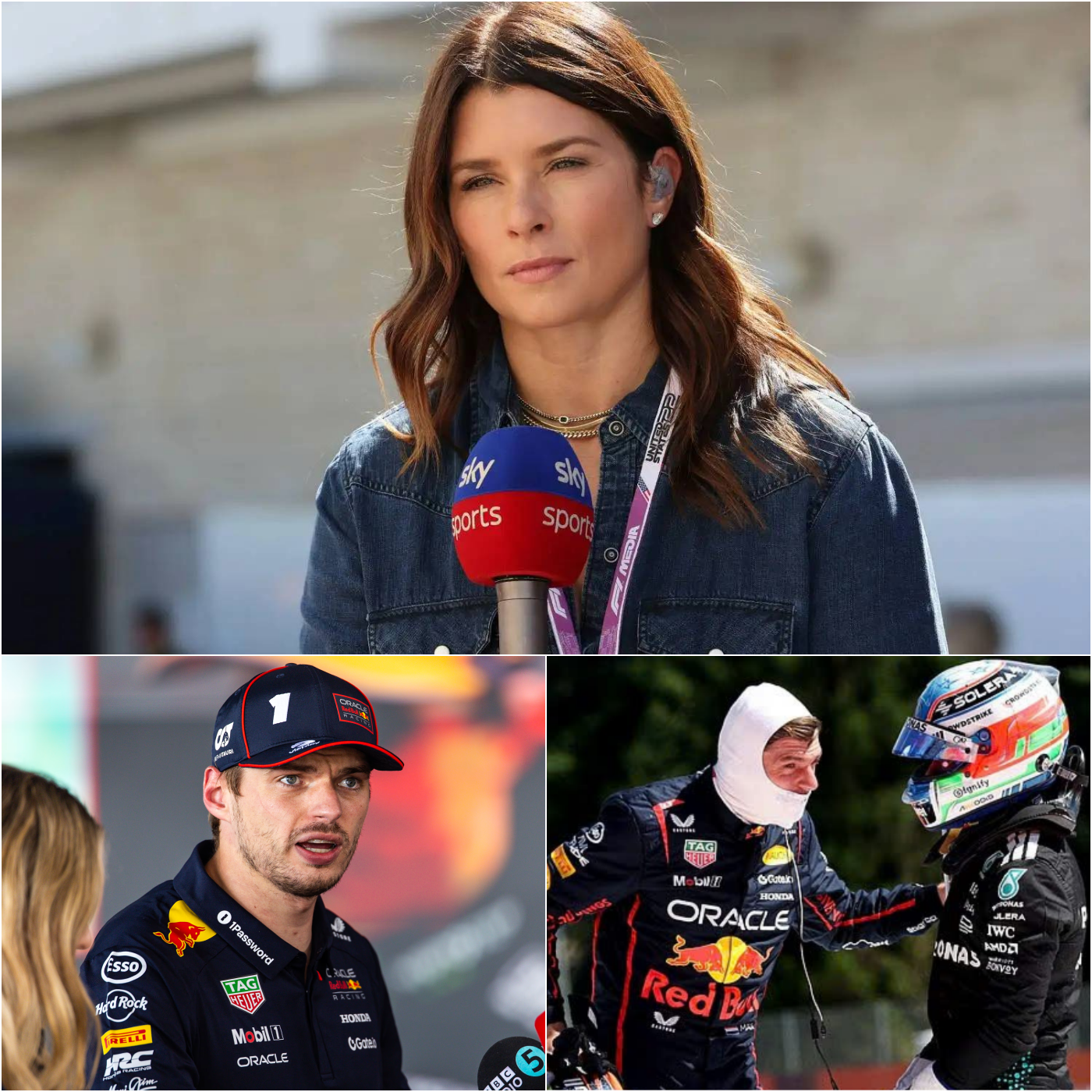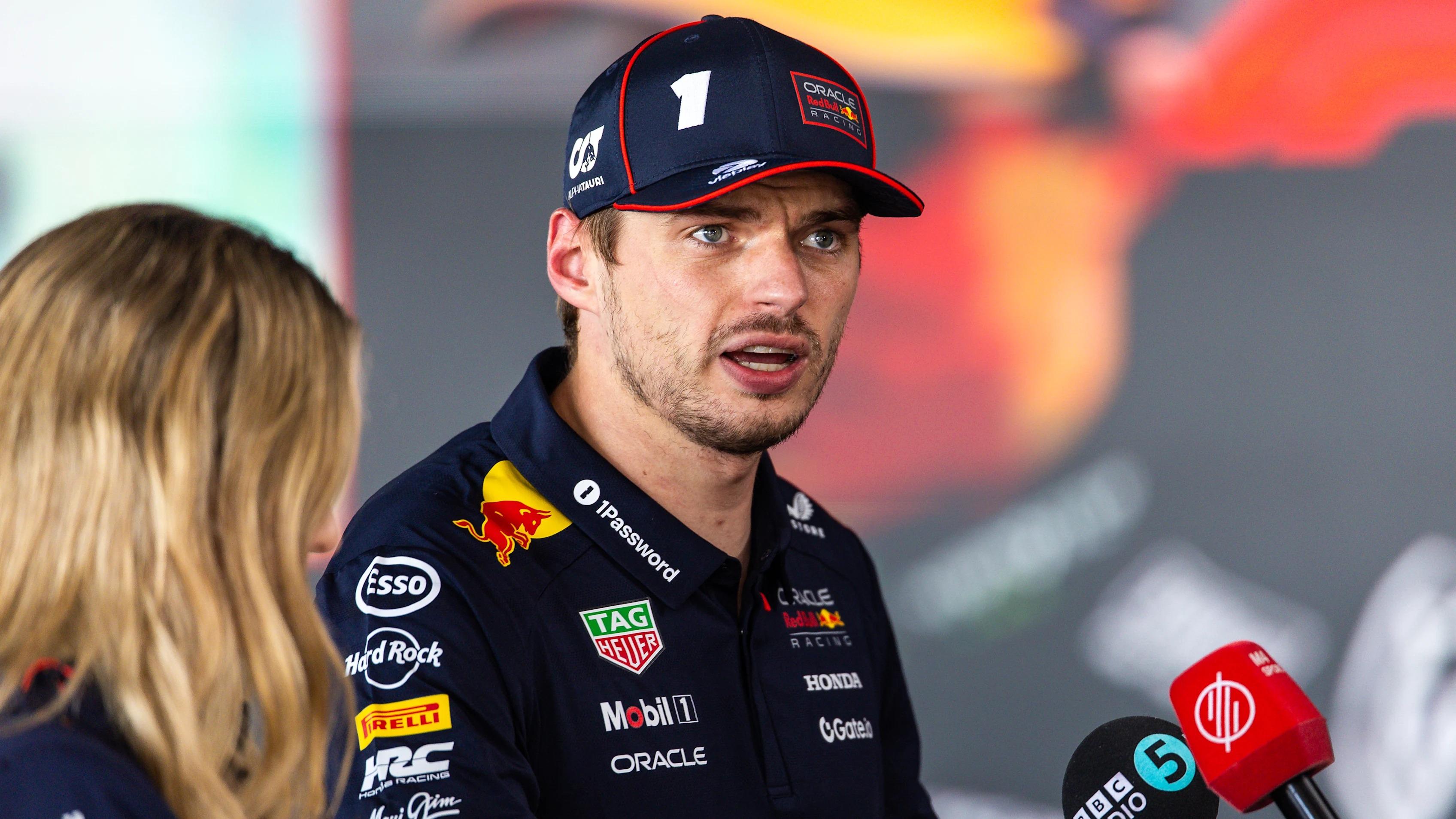Danica Patrick Faces Backlash from F1 Community
Danica Patrick, the former IndyCar and NASCAR star turned Sky Sports F1 pundit, has found herself at the center of a storm of criticism from both a former Red Bull engineer and Formula 1 fans. Her role as a commentator, particularly during F1 broadcasts, has sparked heated debate, with many questioning her expertise and the value she brings to the sport’s coverage. The latest wave of backlash, highlighted by pointed remarks from former Red Bull engineer Blake Hinsey, underscores the polarizing presence Patrick has become in the motorsport world.

Blake Hinsey, who worked with Red Bull Racing for over seven years, recently took to social media to express his dissatisfaction with motorsport broadcasts, particularly those involving Patrick. In a now-deleted post on X, Hinsey stated that he “immediately” turns off the broadcast when Patrick appears, citing her presence as a reason he believes the coverage fails to attract new fans to endurance racing and F1. He criticized the lack of depth in commentary, arguing that broadcasters like Patrick often fail to explain the nuances of the sport to casual viewers, leaving them disconnected. His remarks resonated with a segment of the F1 fanbase, who have long voiced their discontent with Patrick’s commentary style, describing it as lacking technical insight or meaningful analysis.

Patrick, who made history as the first woman to win an IndyCar race in 2008, joined Sky Sports F1 in 2021, starting with the United States Grand Prix in Austin, Texas. Since then, she has become a familiar face on the broadcaster’s coverage, particularly for U.S. races. However, her tenure has been marred by controversy. Fans have criticized her for comments perceived as out of touch or inflammatory, including her 2023 statement on Sky Sports’ children’s broadcast, where she described F1 as a “masculine” sport, suggesting that its aggressive nature and mindset were not aligned with a “female mind.” This remark drew significant ire, with many accusing her of discouraging women from pursuing motorsport, especially at a time when the FIA is actively promoting female participation through initiatives like the F1 Academy.
Adding fuel to the fire, Patrick’s off-track activities have further alienated some fans. Her podcast, where she has hosted controversial figures and discussed topics like conspiracy theories, has raised eyebrows. For instance, her collaboration with David Icke, known for promoting fringe theories, led to accusations that her views conflict with the values of F1, a sport increasingly focused on sustainability and inclusivity. Her social media posts, including a comment about Ukrainian President Volodymyr Zelenskyy’s attire during a meeting with U.S. President Donald Trump, also sparked outrage, with fans questioning her professionalism and relevance as a pundit.
Despite the criticism, Patrick has her defenders. Some argue that her experience as a trailblazing female driver in IndyCar and NASCAR gives her a unique perspective, and her presence helps attract a broader audience, particularly in the U.S. Supporters, like X user @sportowls, have called out the vitriol directed at her, suggesting that her critics are unfairly harsh and that her racing credentials speak for themselves. However, the broader sentiment among F1 fans appears to lean heavily against her, with many calling for Sky Sports to replace her with more knowledgeable commentators like Bernie Collins or Naomi Schiff, who are seen as offering deeper technical insights.
The controversy surrounding Patrick highlights a broader challenge in motorsport broadcasting: balancing accessibility for new fans with the expectations of a hardcore fanbase. While Patrick’s defenders argue she brings star power, her detractors, including industry figures like Hinsey, believe her commentary falls short of the sport’s complex demands. As F1 continues to grow in popularity, particularly in the U.S., the debate over Patrick’s role is unlikely to subside anytime soon.





